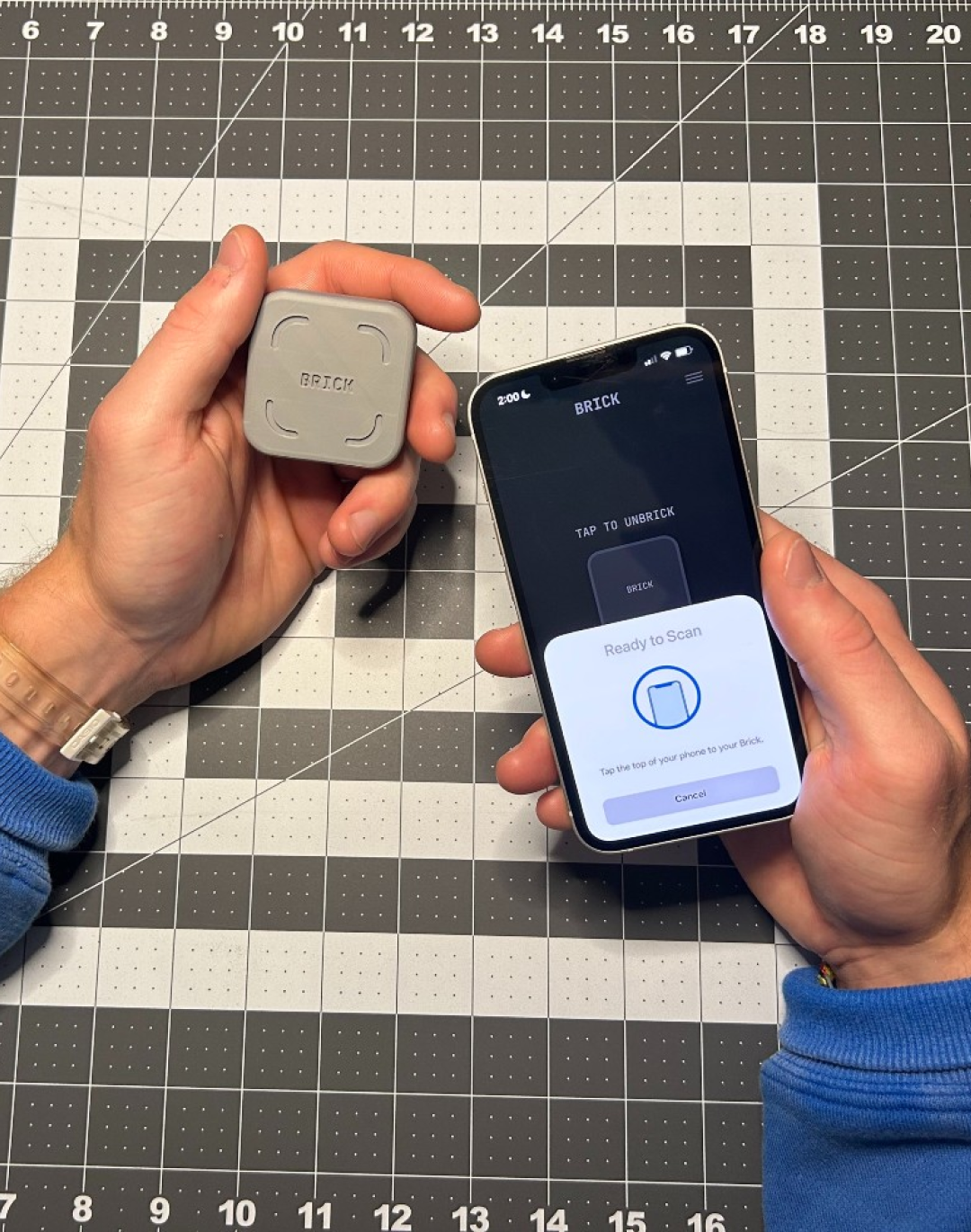
We need a "phone etiquette" Habits change and, with them, manners
A tapered thumb, the fingertips of the middle and ring fingers flattened like a duck's feet, the bones of the pinky deformed to accommodate the cellphone. That's how some alarmists predict that the use of the phone will transform our hands over the years, a rather grotesque and absurd evolution of what one day could represent our normality. The arrival of smartphones has radically changed our habits, from the way we communicate, now more fast, direct, and cold than ever, to the way we present ourselves to the world, hunched over a black screen producing nothing but a small, inaccurate reflection of the world around us. We spend too much time connected online, too little tuned in to reality, but if it's normal for societal behaviours to change with every cultural shift, it seems that thirty years after the launch of the first smartphone, the world still hasn't learned to bring together technology and good manners. It's no longer a novelty, but an established component of our daily lives, yet we still find ourselves sighing at couples out for dinner who stay silent, facing each other, absorbed by the blue light of a gadget wedged between their pinky and thumb. Is it their fault for not knowing how to behave, or ours for not adapting to the change of times?
@thejoeyswoll Normalize respecting others when filming at the gym. @ALICE STAMP #gymtok #gym #fyp original sound - Joey Swoll
The need for netiquette (this being the exact term for "digital etiquette") does not call for the complete abandonment of any technological tool post-1994 to go back in time. It calls for preserving online connection spaces and offline interactions the right to remain as such. In the gym, in the library, in yoga class, and at the restaurant, the use of cellphones not only distracts the user that's busy watching the latest video of their favorite influencer, but also entails a certain level of frustration and discomfort for everyone present. In an article by Il Post, a few personal trainers have expressed their dissent towards gym-goers who wander around the weights area while looking at their phones, as they could endanger other people. To this add the weightlifters who check social media between sets, a practice that, according to recent studies, leads to poor mind-body concentration during exercises and thus to lower physical performance, as well as the influencers who have the habit of recording vlogs in public gyms, even during peak hours. Unintentionally, they often frame the flushed face of some other visitor who, unlike gymtokers, does not like to be watched by a million viewers while panting in short shorts and a tank top. From the same perspective, checking WhatsApp during the final ten minutes of yoga class instantly throws everyone out of the meditative state they were in, due to the blue light and the stress our brain associates with it - we are granting ourselves an hour of relaxation away from the frenzy of our lives, surely the Big Brother meme your best friend sent you can wait.
@ilmessaggero.it Messaggi fuori orario, eccesso di emoticons e puntini di sospensione: ecco gli errori da non fare su whatsApp secondo il galateo con Laura Pranzetti Lombardini. . . . [Laura Pranzetti Lombardini / #IlMessaggero] #laurapranzettilombardini #galateo #galateoinunminuto #whattsapp #società #tiktokeducation #errori #messaggi #vocali fashion show(256764) - TimTaj
On WhatsApp, an average of 7 billion voice messages are sent per day, nearly the entire world's population. It's the preferred means of communication for chatterboxes who feel the need to vent between one errand and another, a bit less so for those who find themselves forced to listen to five minutes of audio - thankfully, WhatsApp has added the function to increase playback speed. According to Laura Pranzetti Lombardini, an etiquette expert who writes for Il Messaggero, they shouldn't last more than twenty seconds and should be sent only in cases of urgency, when hands are busy. As one might predict given the substantial number of voice messages sent daily on WhatsApp, this advice hasn't been appreciated in the comments of her TikTok videos. «With voice messages, you understand better what one wants to say,» wrote a user. «How do I send burps then?» adds the most popular comment. From a certain point of view, what the haters of WhatsApp etiquette contest is true: perhaps because we're losing the ability to comprehend texts, perhaps because there are now so many emojis that even keyboard lions are confused, but recent studies show that text messages are fertile ground for misunderstandings due to what is now called "digital body language", namely punctuation, response time, and the emojis we choose. »Emojis seem to make communication more direct, but in reality research increasingly shows that they complicate things,» said a researcher from the University of Warwick to Dazed. At this point, maybe it's really worth going back to good old phone calls.
HMD is preparing to relaunch some iconic Nokia feature phones.
— Ashad (@ashadahmed_) April 28, 2024
In a new leak, Nokia 3210 (2024), the phone being revived has been exposed along with its highlights.
Also, it has Snake! pic.twitter.com/UmOdWnflDJ
If seeing a couple hunched over a screen at a romantic dinner makes you huff with anger and comment on the decline of manners, you're not alone. Fleets of nostalgics have already revived the use of dumbphones, that is, phones pre-internet connection. On Reddit, the r/Dumbphones group has reached 50 thousand members in four years, a trend recently followed by Nokia, the true pioneer of the movement which has just relaunched the Nokia 3210. «I believe everyone has realised they scroll too much and are missing out on life,» one of the platform's users told Wired. This is where the need for a "digital etiquette" becomes evident: it's not about reuniting in a large book a list of rules to make a good impression in front of guests, as Giovanni della Casa did in the 1500s, or becoming hermits, but about activating our conscience to protect our mental peace and, why not, that of the people around us. Perhaps it's too late, and in a few years, we'll really find ourselves with palm-like fingertips and a phone-friendly crack on our pinky, but at least we'll have enjoyed the transformation together, in the name of offline sharing.














































